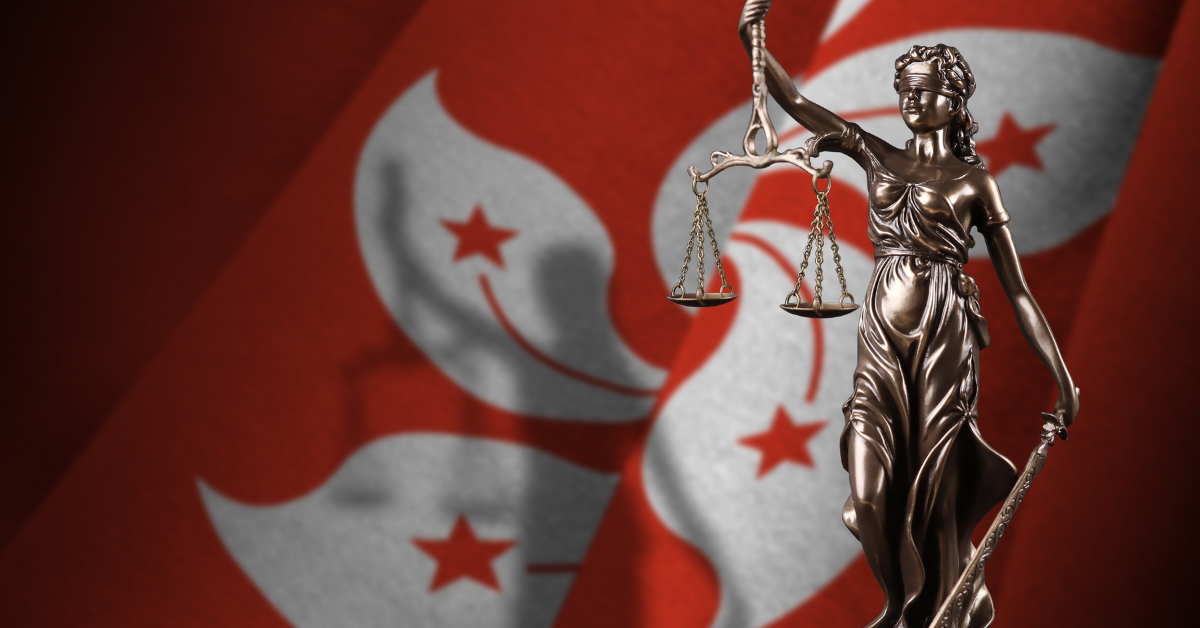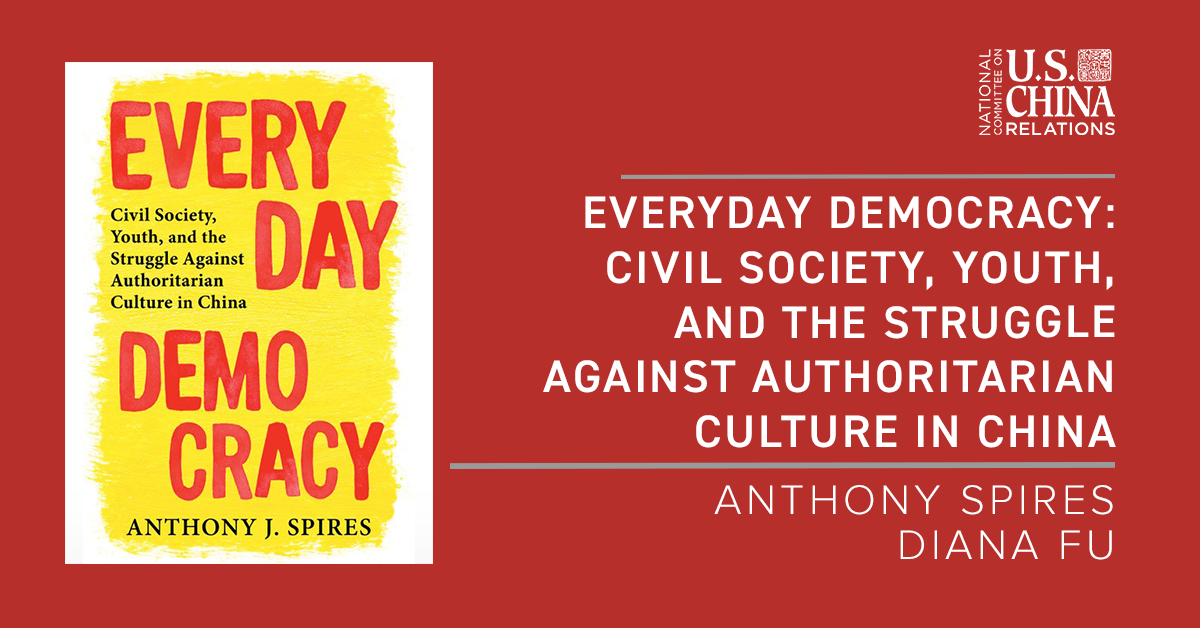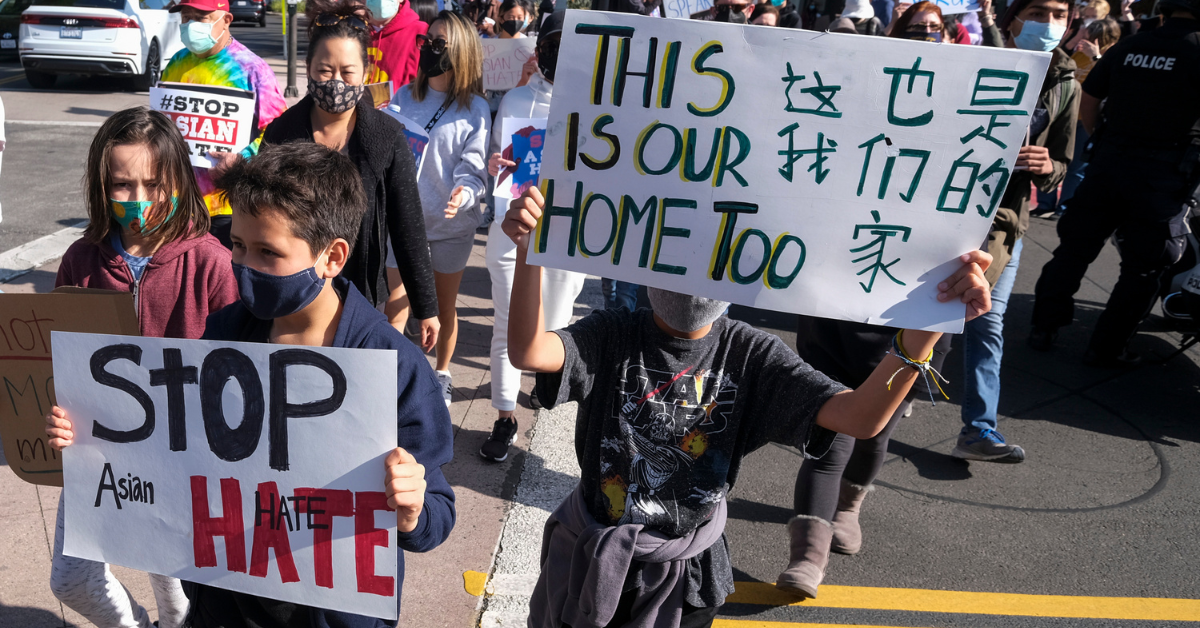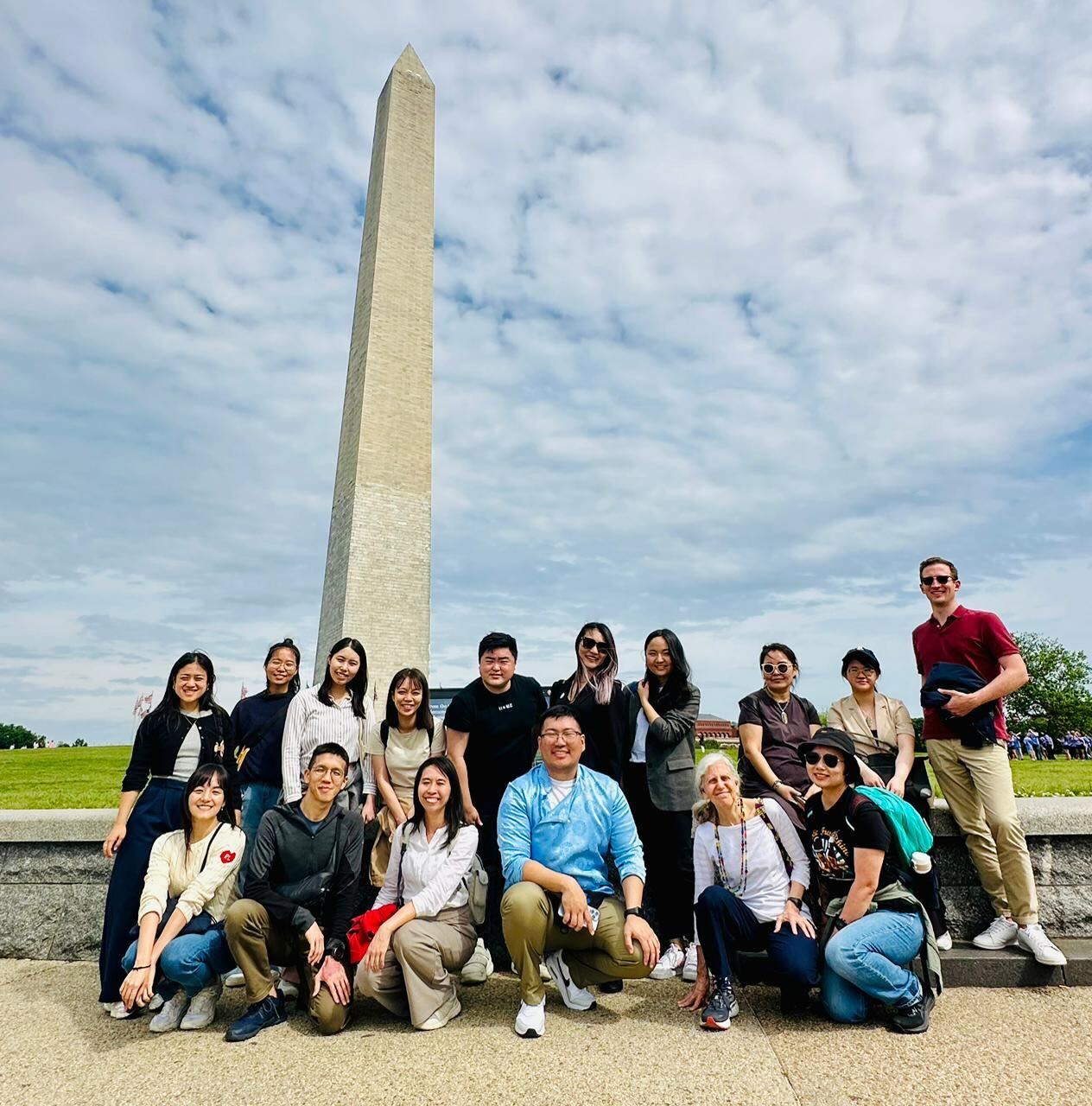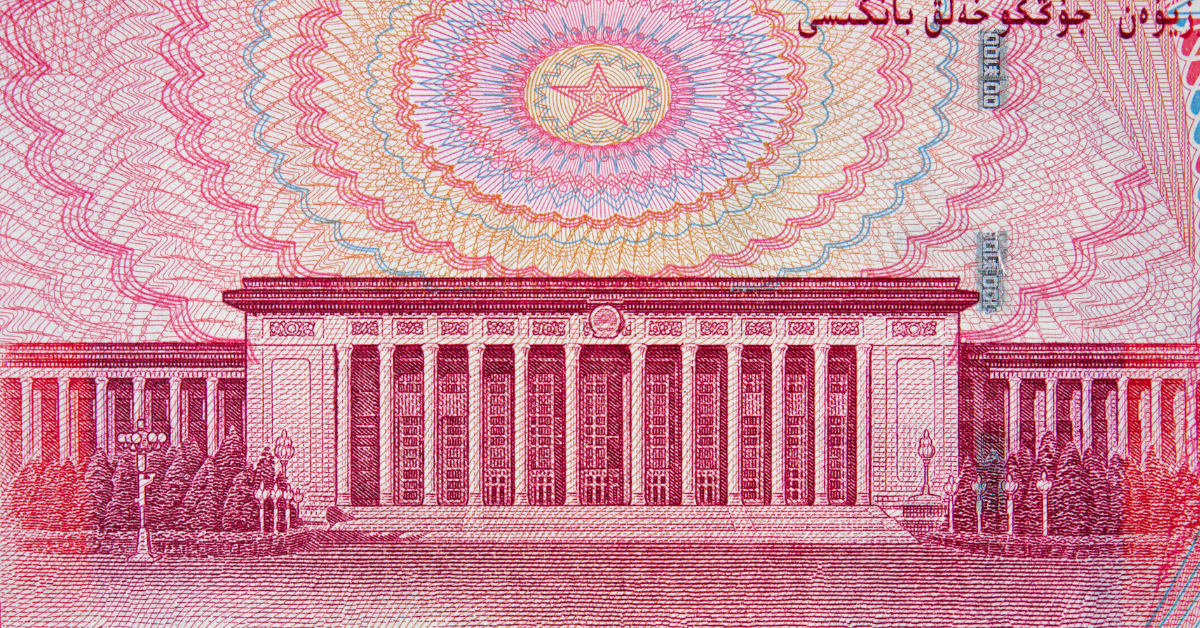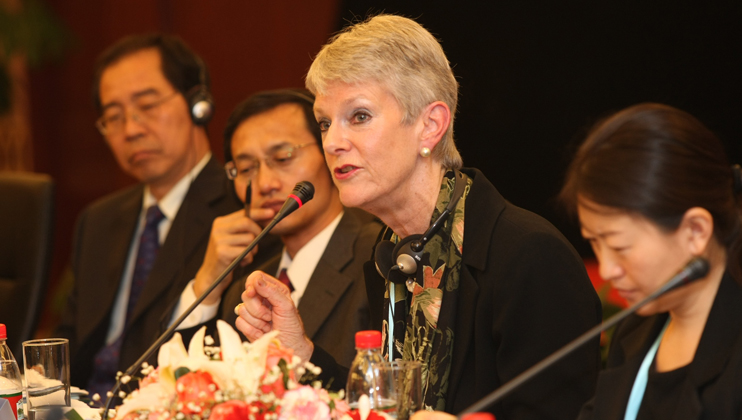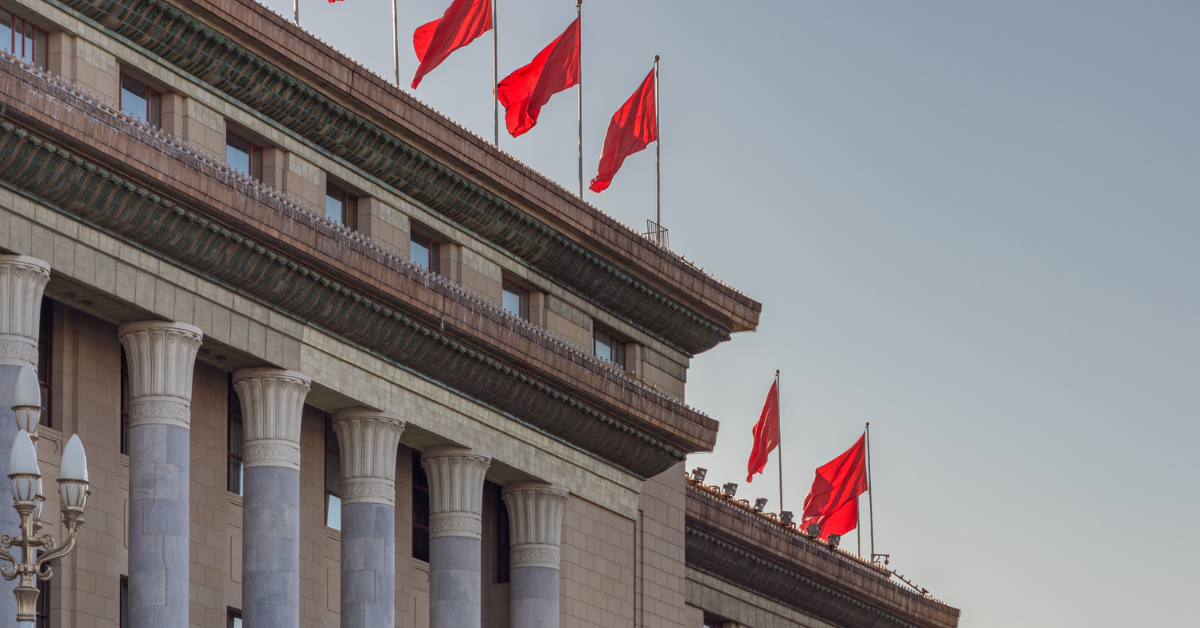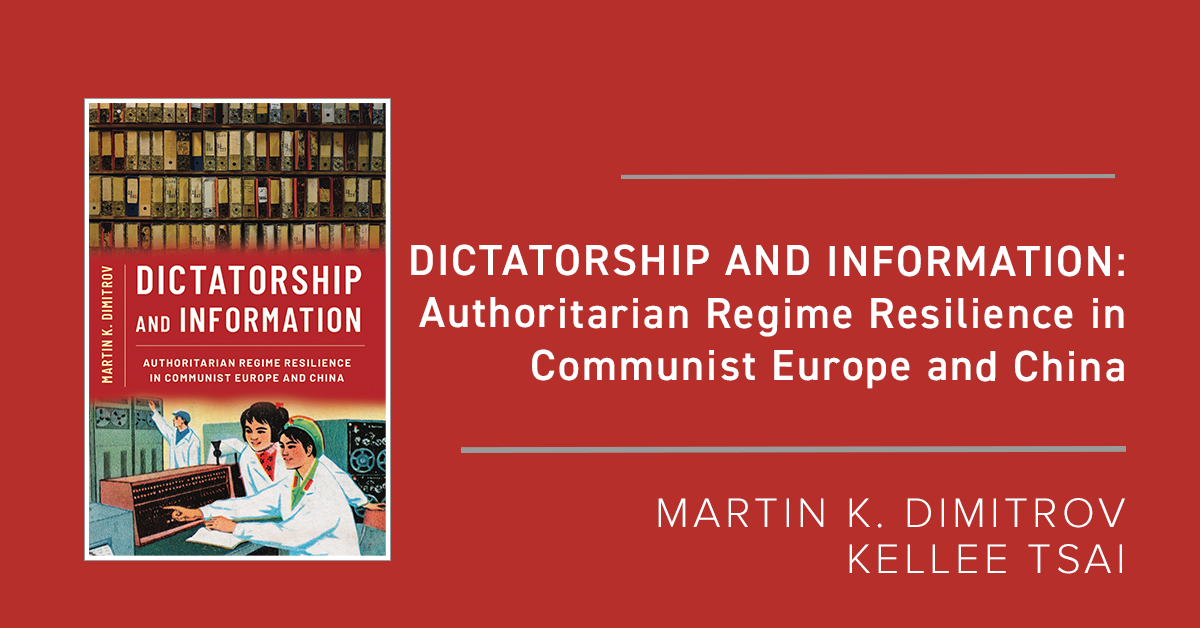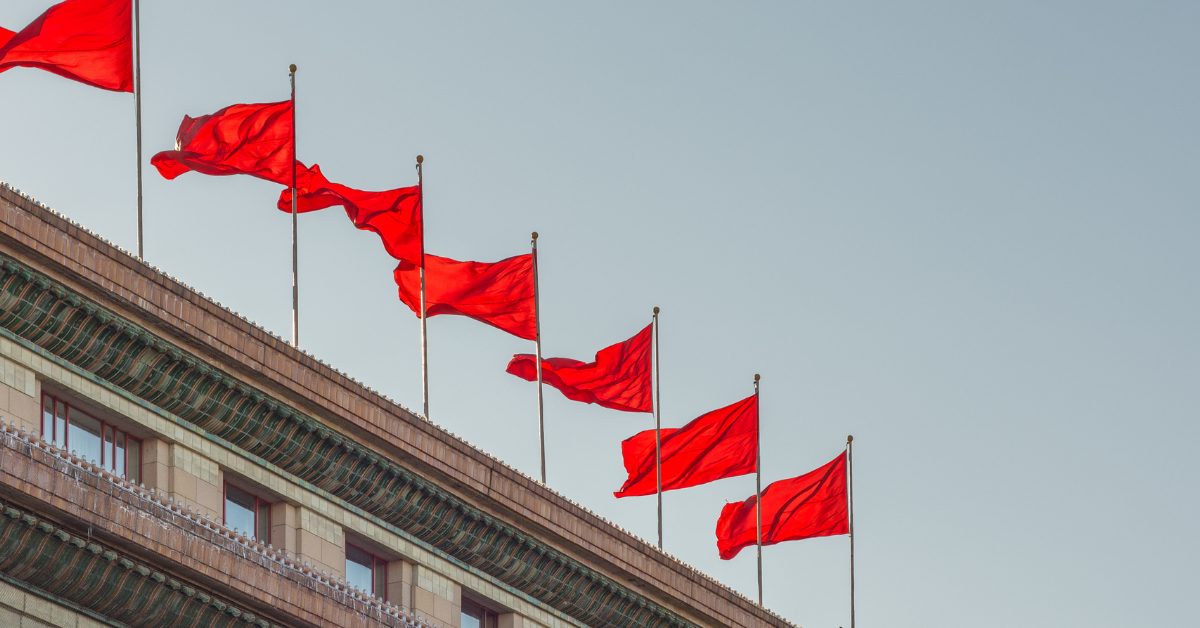Yangyang Cheng and Gina Tam trace how government policy, economic transitions, and social norms have shaped the evolving landscape for women in China, especially in STEM fields.
Carole Petersen and Ho-Fung Hung, in conversation with Thomas Kellogg, discuss the current state of law, politics, and civil liberties in Hong Kong, and how changes in Hong Kong affect its relationship with the US and the world.
Anthony J. Spires shows how the values and practices of Chinese two youth-led volunteer groups point the way toward the emergence of new, more democratic forms of association within an authoritarian system.
Matthew Erie and Mae M. Ngai discuss Florida’s property law and how it affects Chinese citizens in the U.S. with Elizabeth Plantan.
The Professional Fellows Program, funded by the U.S. Department of State's Bureau of Educational and Cultural Affairs, is a two-way capacity building exchange for emerging NGO leaders in China, Hong Kong, Taiwan, and the United States.
Mary Gallagher discusses the 2024 Two Sessions for China’s economy, politics, and foreign policy with Jessica Teets and Jack Zhang.
To promote high-level exchange and discussion of law and human rights issues in the United States and China, the National Committee and the China Foundation for Human Rights Development co-organize an annual U.S.-China Track II Dialogue on the Rule of Law & Human Rights. Established in December 2009, this Track II dialogue is the first of its kind to be jointly hosted by U.S. and Chinese non-government organizations.
Martin Dimitrov examines the information collection methods established by communist states to monitor popular dissent and what the systems tell us about governments in conversation with Kellee Tsai.
Cheng Li examines the implications of China’s recent 20th Party Congress leadership changes.

